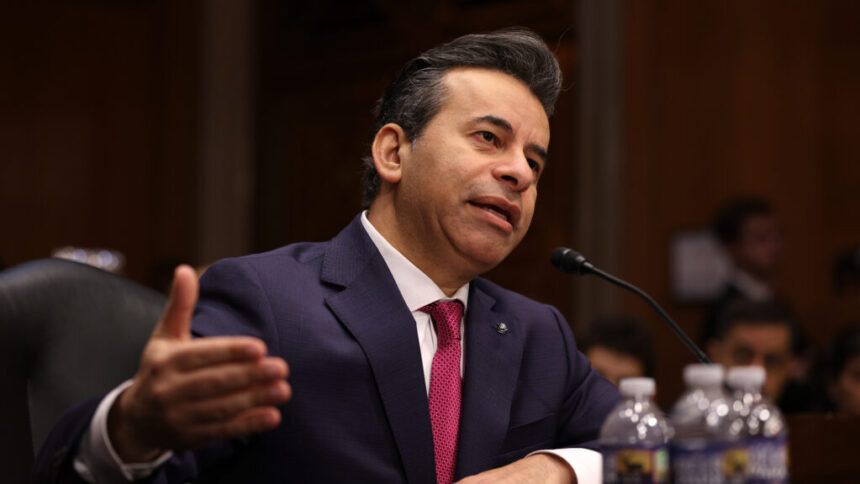In a groundbreaking move, the Food and Drug Administration (FDA) has announced plans to overhaul its advisory committees by removing industry representatives and replacing them with patients and caregivers. This decision, spearheaded by FDA Commissioner Marty Makary and health secretary Robert F. Kennedy Jr., is aimed at reducing the influence of the pharmaceutical industry on the agency’s decision-making processes.
Commissioner Makary made the announcement during his first interview with former Fox News host Megyn Kelly. In the interview, Makary expressed his dismay at the fact that drug industry representatives are currently allowed to sit on FDA advisory committees. He emphasized the need for a more patient-centered approach and highlighted the importance of prioritizing the perspectives of those directly impacted by FDA decisions.
This move marks a significant shift in the FDA’s approach to advisory committees, which play a crucial role in evaluating new drugs and medical devices before they are approved for market. By replacing industry representatives with patients and caregivers, the FDA aims to ensure that the voices of those who stand to benefit or suffer from these products are heard and prioritized.
The decision to remove industry representatives from advisory committees is part of a broader effort to increase transparency and accountability within the FDA. Commissioner Makary and Secretary Kennedy have been vocal about their commitment to reducing the influence of the pharmaceutical industry and ensuring that the FDA prioritizes the interests of patients and the public above all else.
This announcement comes at a time of heightened scrutiny of the FDA’s ties to the pharmaceutical industry and calls for greater transparency in the agency’s decision-making processes. By taking this bold step to overhaul its advisory committees, the FDA is signaling a new era of patient-centered regulation and a commitment to prioritizing the health and well-being of the public.
As this new policy is implemented, it will be important for the FDA to ensure that patients and caregivers selected to serve on advisory committees are representative of diverse perspectives and experiences. By including a broad range of voices in the decision-making process, the FDA can better evaluate the safety and efficacy of new drugs and medical devices and make more informed decisions that prioritize the interests of the public.
Overall, the FDA’s decision to remove industry representatives from advisory committees and replace them with patients and caregivers represents a significant step towards greater transparency, accountability, and patient-centered regulation within the agency. This move is likely to have far-reaching implications for the future of drug approval and regulation in the United States and signals a renewed focus on prioritizing the interests of patients and the public above all else.








